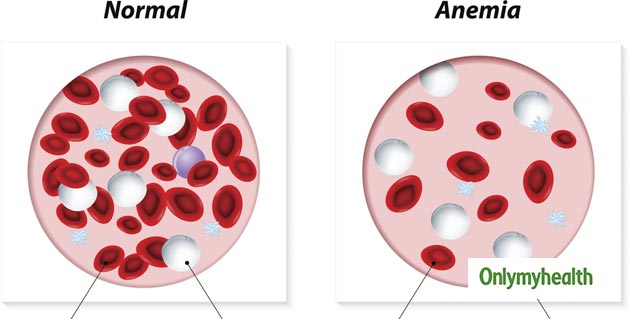

According to a recent Lancet study, anaemia continues to affect a staggering one in four people worldwide. This significant health concern poses serious challenges for global public health, with far-reaching implications for individuals and communities.
Anaemia is a condition characterised by a decrease in the red blood cell count or a deficiency in haemoglobin, the iron-rich protein responsible for carrying oxygen throughout the body. It can lead to fatigue, weakness, and impaired cognitive function, severely impacting the quality of life and productivity of those affected.
The study’s findings reveal a perplexing gender disparity, as rates of anaemia have declined only among men. This trend is concerning given that women of childbearing age and young children are most susceptible to anaemia due to factors such as menstrual blood loss, pregnancy, and poor nutrition.
The causes of anaemia are multifaceted and vary across regions. In low and middle-income countries, inadequate access to nutritious food, particularly among marginalised populations, remains a leading contributing factor. Additionally, parasitic infections and other diseases can exacerbate the condition.

Also read: Dengue Cases at An All-Time High In India: 5 Tips to Stay Safe
For women, cultural norms, limited access to education, and reproductive health services, including antenatal care, can hinder their ability to address anaemia-related issues effectively. Moreover, a lack of awareness and resources for anaemia prevention and treatment further perpetuate the problem. Moreover, access to quality reproductive healthcare is crucial in identifying and managing anaemia-related risks in women.
The Lancet study underscores the urgent need to address anaemia as a critical global health issue. While it is encouraging to see a decline in anaemia rates among men, the persistent high prevalence among women and children demands immediate attention. By taking a multi-faceted and gender-sensitive approach, we can work towards reducing anaemia’s impact on individuals and societies worldwide, fostering healthier and more sustainable communities for the future.
اكتشاف المزيد من ينبوع المعرفة
اشترك للحصول على أحدث التدوينات المرسلة إلى بريدك الإلكتروني.
